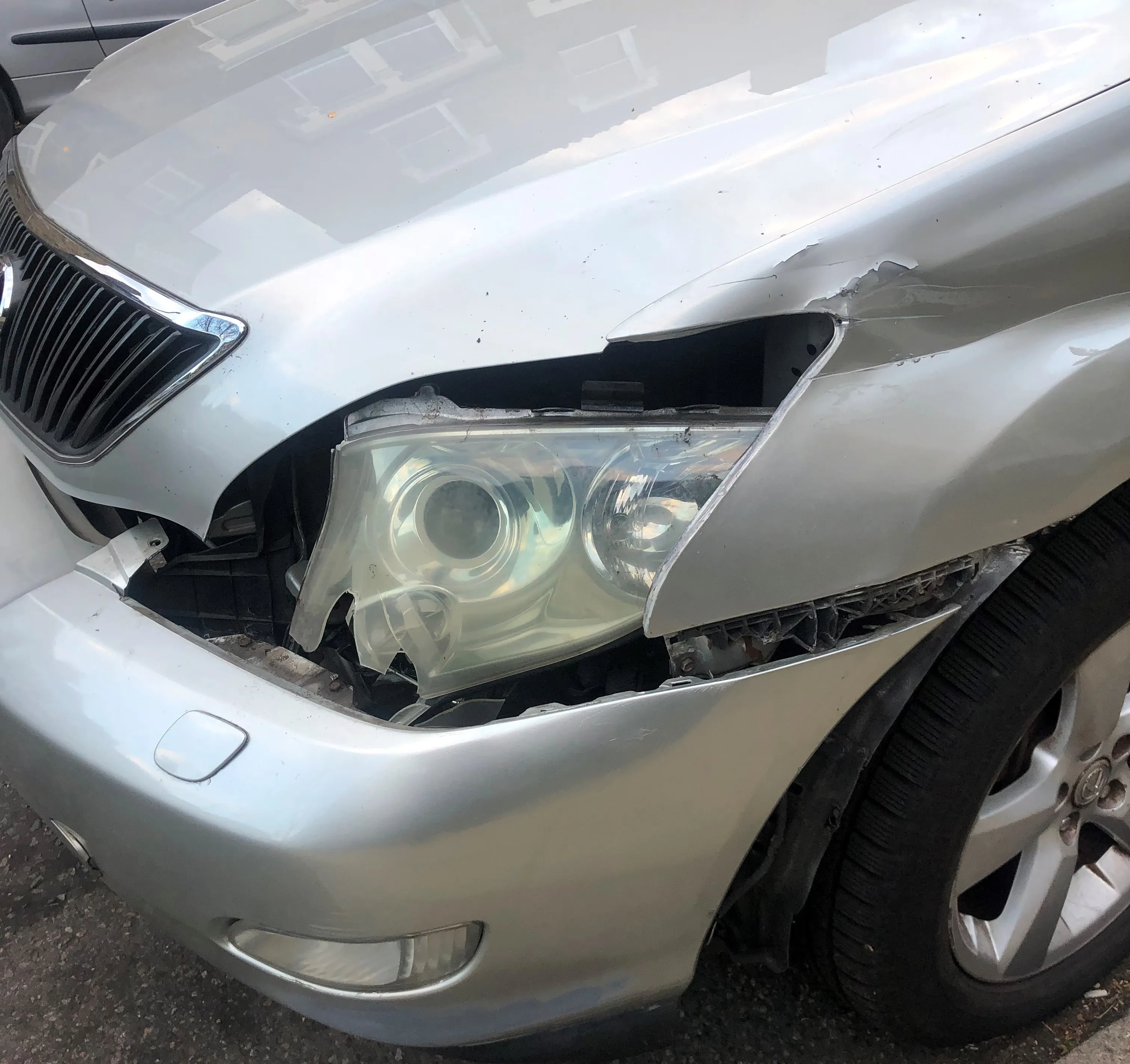
Engineering consultancy
The framework is being used to implement the Strategic Road Safety Plan 2016 and deliver the ambitions of Scotland’s Road Safety Framework to 2020 and beyond. The programme, led by
The announcement comes as the Scottish government released official figures for 2018 road casualties. The number of people killed or seriously injured in reported road accidents rose slightly from 1,739 in 2017 to 1,743 last year – of which 161 were killed. This is 16 more deaths that in 2017.
Sweco has been appointed to Lot 2 of the framework, which encompasses development management and road safety support services. Sweco’s Edinburgh office will lead the consultancy services on a range of new road safety measures, including speed limit reviews, pedestrian and cyclist protection and connectivity improvement projects to Scotland’s trunk road network.
The company will work with enforcement agencies, local councils and the general public to devise projects and solutions, noted Carol Geddes, operations manager at Sweco, a major European engineering and architecture consultancy. It is listed on Nasdaq Stockholm and has sales of around €1.8 billion.
Other statistics from the Scottish government show that the number of people seriously injured in reported road incidents decreased by 1% from 1,594 to 1,582. A significant drop in slight casualties means that the total number of casualties fell by 11% between 2017 and 2018 - from 9,433 to 8,411, the lowest number since records began.
In 2018, there were 753 child casualties in reported road accidents, a decrease of 16% since 2017. This included three fatalities, one more than 2017, and 142 children seriously injured, down from 153 in 2017.
Compared with England and Wales, Scotland’s 2018 casualty rates were 8% higher (killed), 28% lower (serious) and 40% lower (all severities).






